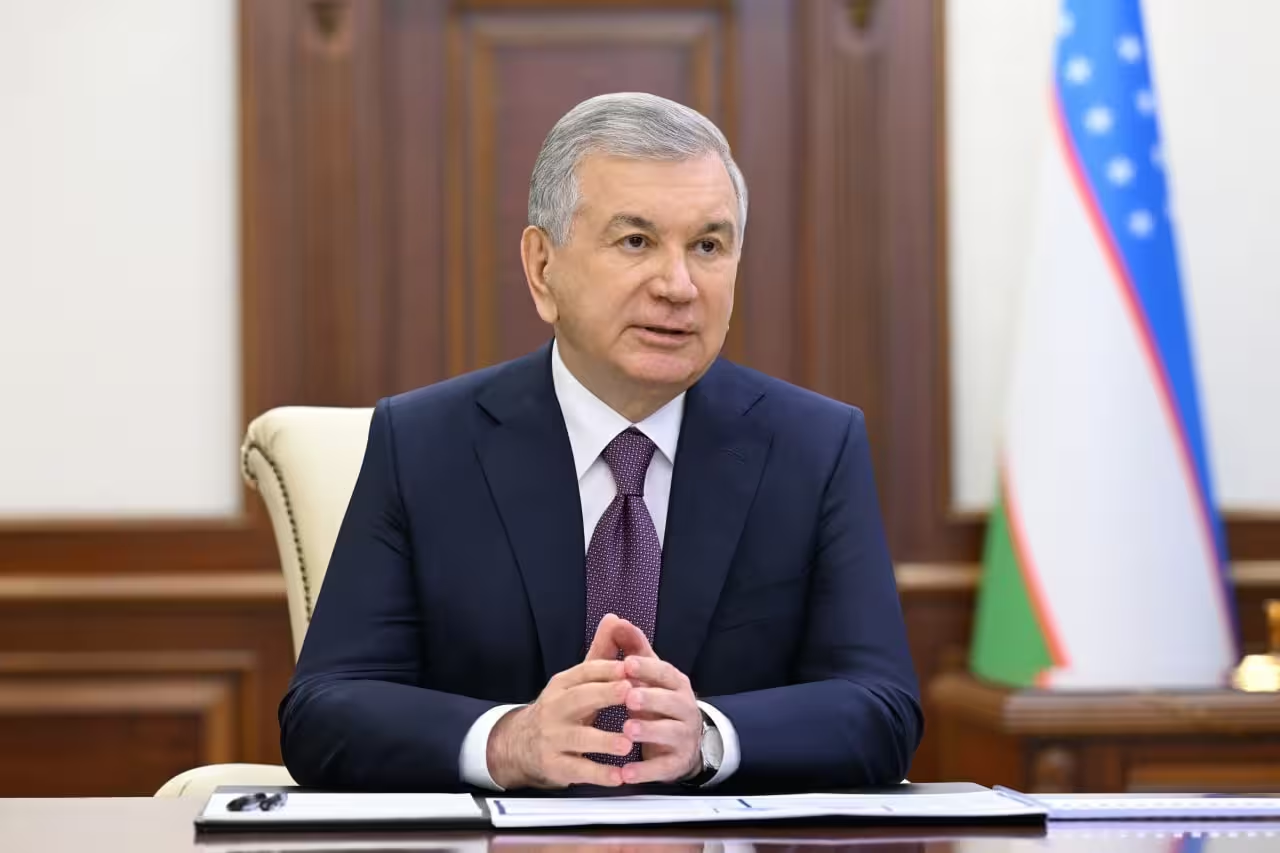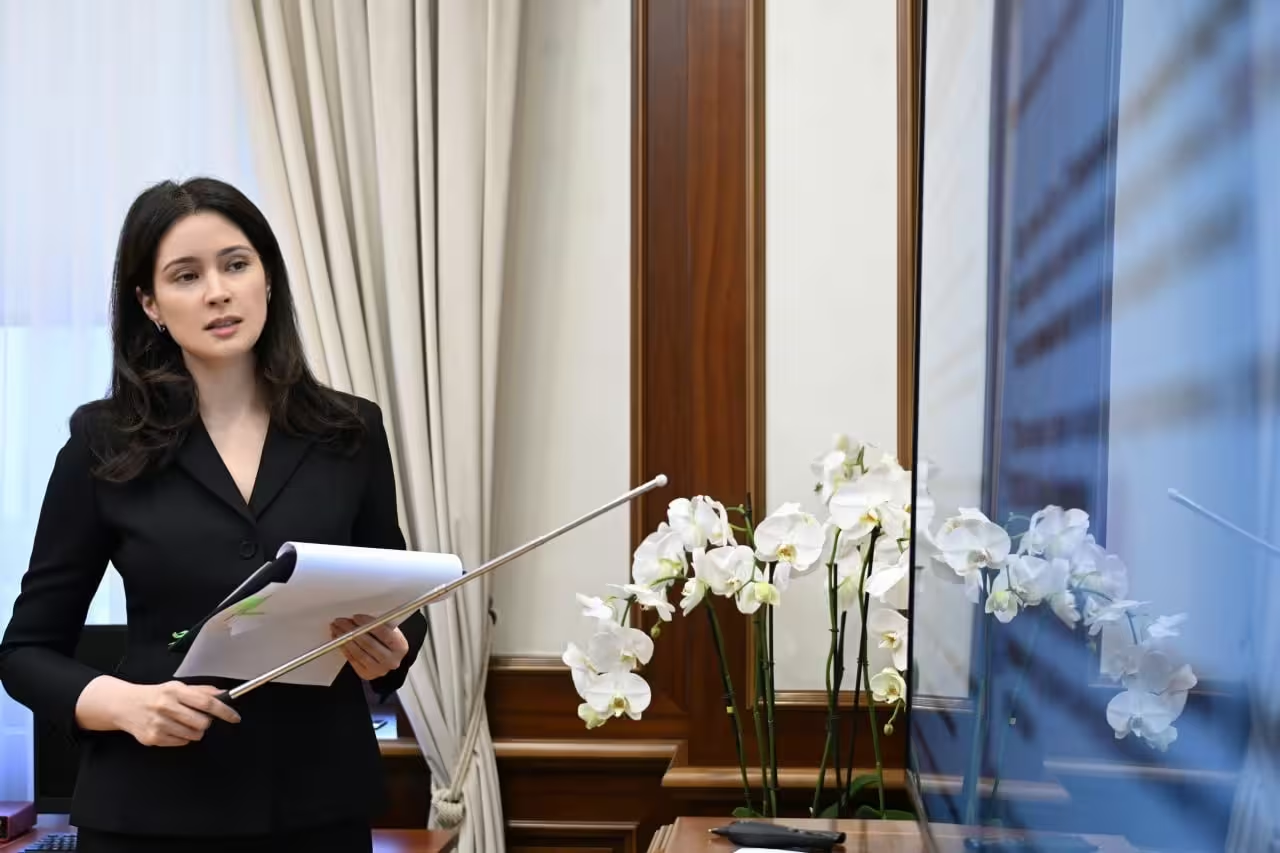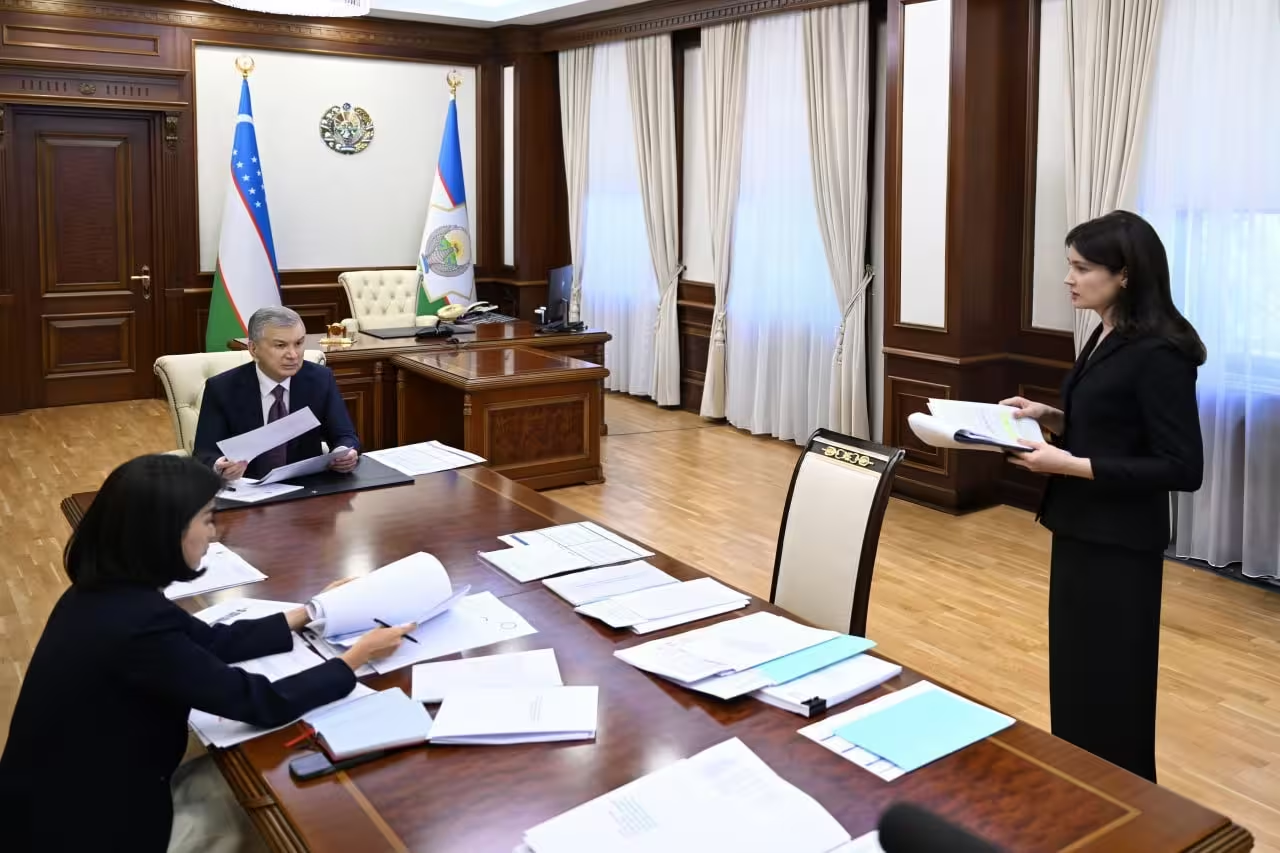President Shavkat Mirziyoyev on August 19, reviewed proposals to transform Uzbekistan’s healthcare system, focusing on expanding access, improving quality, and strengthening disease prevention.

The proposals were prepared following the President’s instructions from a May 7 videoconference, with input from medical experts, community representatives, and the private sector.
Currently, a large share of specialized treatment is concentrated in republican-level institutions. To decentralize services, the government plans to expand facilities at regional and district levels. Around 1,500 clinical protocols will be aligned with international standards, while patient itineraries for common diseases will be developed and digitized.
Hypertension, coronary heart disease, and diabetes—conditions that often lead to stroke and heart attack—remain widespread. About 85% of such cases result in disability. To address this, new protocols will be introduced at the primary care level, supported by digital tools and artificial intelligence.
Planned measures include the use of ECG telemetry, telemedicine, thrombolysis therapy, stenting, and thromboextraction. Public awareness campaigns will also focus on early detection of stroke symptoms.

A National Medical Center for Neurology and Neurorehabilitation will be established in Tashkent, featuring a 250-bed facility capable of performing over 3,000 surgeries annually. Clinics in Samarkand and Bukhara will also receive modern equipment, and 150 specialists will train abroad. With support from Japanese partners, an early rehabilitation service will be launched in line with international standards. A total of $150mn will be allocated for these initiatives.
Trust in laboratory services remains low, with many facilities relying on outdated equipment. Uzbekistan’s 2,800 district-level polyclinics are currently served by just 1,500 laboratories. To address this, 198 centralized laboratories will be established by 2030, with full digitization and quality control systems. The number of free laboratory tests will also be expanded.
Proposals include transforming the Academy of Nursing into the Academy of Professional Medicine under Tashkent State Medical University, introducing international programs, and implementing NCLEX-based nurse certification. Admission quotas for higher nursing education will gradually increase. Medical training will be aligned with international standards, including new family medicine programs, internships, patient-focused training, and a two-stage knowledge assessment system.

The Committee on Sanitary and Epidemiological Wellbeing and Public Health will redirect its efforts towards preventing non-communicable diseases, reducing maternal and child mortality, and lowering injury rates. A national prevention program is set to be developed.
A 2026–2030 program will ensure 100% blood supply for medical institutions, alongside the launch of domestic blood product production and the introduction of virus inactivation and irradiation technologies.
Uzbekistan’s pharmaceutical market, valued at more than $2bn, will also undergo reforms. Plans include adopting World Health Organization criteria for medicine registration, conducting bioequivalence tests for generics, introducing safety-based classification for medical devices, and strengthening pharmaceutical oversight.
President Mirziyoyev approved the proposals and signed the relevant documents, emphasizing the need for systematic and high-quality implementation of the measures.
Follow Daryo's official Instagram and Twitter pages to keep current on world news.
Comments (0)